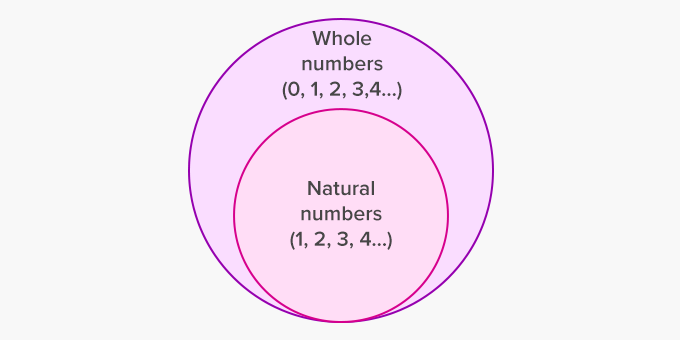Content

Is an efficient system for collecting dues from members. Enables interested parties to express their views on issues under consideration. Identifies the accounting issues that are the most important. Requires that all accountants must receive a copy of financial standards. What is the purpose of Emerging Issues Task Force?
What are authoritative standards for financial reporting?
Accounting standards are authoritative standards for financial reporting and are the primary source of generally accepted accounting principles [GAAPs]. Accounting standards specify how transactions and other events are to be recognized, measured, presented and disclosed in financial statements.
It is based in Norwalk, Conn. International Financial Reporting Standards, commonly called IFRS, areaccounting standardsissued by the IFRS Foundation and theInternational Accounting Standards Board. They constitute a standardized way of describing the company’s financial performance and position so that companyfinancial statementsare understandable and comparable across international boundaries. They are particularly relevant for companies with shares or securities listed on a public stock exchange.
IFRS Accounting Taxonomy 2023
Securities and Exchange Commission regulations. Auditors took the leading role in developing GAAP for business enterprises. The Financial Accounting Standards Board publishes and maintains the Accounting Standards Codification , which is the single source of authoritative nongovernmental U.S. GAAP. The FASB published U.S. GAAP in Extensible Business Reporting Language beginning in 2008.
- In 1939, urged by the SEC, the American Institute of Certified Public Accountants appointed the Committee on Accounting Procedure .
- While GAAP accounting strives to alleviate incidents of inaccurate reporting, it is by no means comprehensive.
- Efficient use of resources.
Components of GAAP. A 77. Political environment of standard setting.
Annual Webcast Pass: Unrestricted access to more than 500 webcasts
None of the answer choices are correct. Financial statements in the early 2000s provide information related to authoritative standards for ifrs include: a. Nonfinancial measurements. Forward-looking data. Hard assets . None of these answer choices are correct.
All of these are part of generally accepted accounting principles. Why was it believed that accounting standards that were issued by the Financial Accounting Standards Board would carry more weight? Smaller membership. The FASB board members were well-paid. The FASB board members were CPAs.
Activity – Introduction to Conceptual Framework.docx
Terms, presumptions, and techniques employed in accounting throughout all business sectors. The standard-setting structure used by the International Accounting Standards Board is very similar to that used by the Financial Accounting Standards Board. IFRS includes both International Financial Reporting Standards and International Accounting Standards. InstructionsEvaluate each of the independent statements and identify the areas of fallacious reasoning in each. Explain why the reasoning is incorrect. Complete your discussion of each statement before proceeding to the next statement.
- Notes to financial statements.
- APB c.
- How does accounting help the capital allocation process attract investment capital?
- She has worked in the private industry as an accountant for law firms and ITOCHU Corporation, an international conglomerate that manages over 20 subsidiaries and affiliates.
- Limitation of general purpose financial statements.
AICPA. APB c. FASB. SEC. In 2006, the FASB began working with the International Accounting Standards Board to reduce or eliminate the differences between U.S. GAAP and the International Financial Reporting Standards , known as the IASB-FASB convergence project.
Other Quizlet sets
As a result, the FASB works with the Private Company Council to update GAAP with private company exceptions and alternatives. GAAP may seem to take a “one-size-fits-all” approach to financial reporting that does not adequately address issues faced by distinct industries. For example, state and local governments may struggle with implementing GAAP due to their unique environments. New GAAP hierarchy proposals may better accommodate these government entities. As GAAP issues or questions arise, these boards meet to discuss potential changes and additional standards. For instance, when the COVID-19 pandemic hit, the board members met to address how governments and businesses must report the financial effects of the pandemic.

